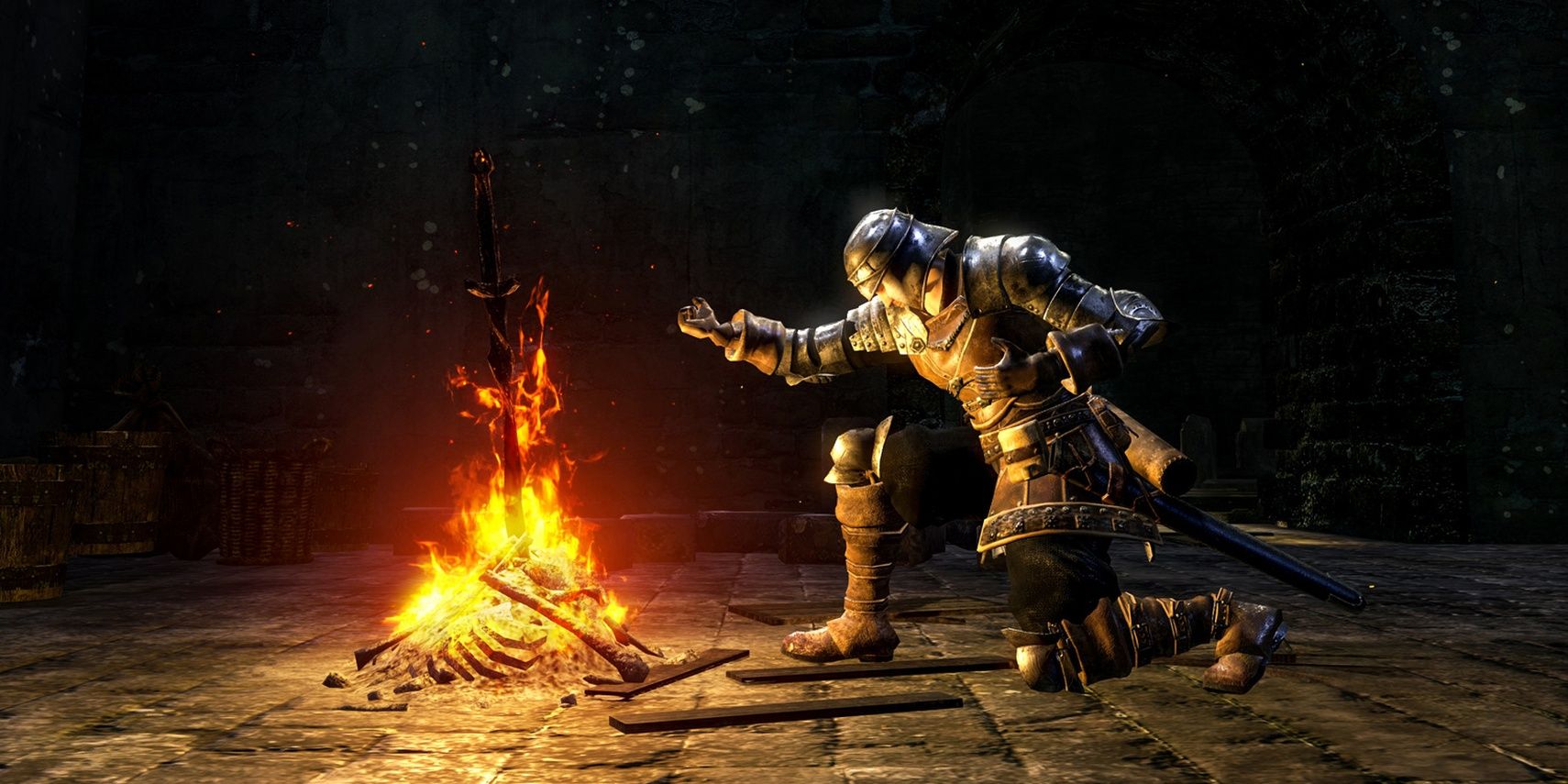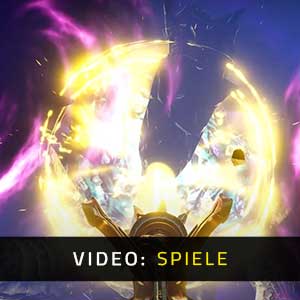

From that moment on, Alice is part of the eternal battle between Darkness and Flame. From that egg a Bird of Fire hatches, and somehow enters right into the girl, leaving a burn mark on her arm. Born of Fire - adventure quest game with hidden objects, mini-games, and puzzles, set in a unique fantasy world, the Fertile Lands, filled with oases and infinite deserts.Ī young girl named Alice finds a strange box holding an egg.

FIRE IN DARKNESS TRIAL
TRY THE FREE TRIAL VERSION, AND THEN UNLOCK THE COMPLETE ADVENTURE IN THE GAME!ĭarkness and Flame.

It does not present an impossible situation for us.An unusual find changes the life of a young girl forever. Perhaps one could be a lake of fire and another could consist of outer darkness. In that state the two can probably coexist.Īdditionally, we know there are degrees of hell (Matt 11:22, 11:24, Luke 10:14). Regardless, even if hell did consist of outer darkness and a lake of fire combined, we need only remember that in a black hole both darkness and light are trapped. The two expressions refer to different places or experiences for different groups of people. So there really isn't any conflict at all between hell coexisting as outer darkness or as a lake of fire. Finally, the "cowardly, unbelieving, abominable, murderers, sexually immoral, sorcerers, idolaters, and all liars shall have their part in the lake which burns with fire and brimstone, which is the second death" (Rev 21:8, NKJV). Everyone not found "written in the Book of Life" is cast into the lake of fire in Revelation 20:15. Death and Hades are cast into the "lake of fire" in Revelation 20:14). "The devil, who deceived them, was cast into the lake of fire and brimstone where the beast and the false prophet are" (Rev 20:10). In Revelation 19:20 we are told the beast and false prophet are cast into the lake of fire burning with brimstone. On the other hand, the " lake of fire" clearly refers to eternal hell. The NKJV Study Bible states that the "sons of the kingdom" and "outer darkness" refer to the experience of "those who do not endure and so will not reign in the kingdom" (see Matt 22:13, Rom 8:17, 2 Tim 2:12, 13, 2 John 8, Rev 3:11). They may refer to some form of exclusion from the Millennial Kingdom or from the Wedding Feast of the Lamb according to scholars like Dillow and Missler.īut, these parables and the one narrative in Matthew 8:12 apparently do not refer to the eternal damnation of hell. Therefore, none of these instances may refer to "hell" as we have understood it. He is confined to the darkness outside for a limited timespan. Note that many Greek language experts state this would be more accurately translated "the darkness outside." In other words, the discipline of this unfaithful servant involves excluding an unfaithful believer from the festivities and lit-up place of celebration. Then in the parable of the talents Jesus throws the useless servant who has buried his one talent, into outer darkness as well (Matt 25:30). "For the fine linen represents the good deeds of God's holy people" (Rev 19:8, NLT). In the parable of the Great Feast, Jesus also says the guest without a proper wedding garment is thrown into outer darkness (Matthew 22:11-13).Īccording to some notable theologians this, too, refers to a believer since believers put on clean garments of righteousness - good deeds - in the book of Revelation: We learn in Matthew 13:38 that these sons of the kingdom are "true believers." It is found in Matthew 8:12 when He praises the Roman centurion for his faith and states that the "sons of the kingdom" will be cast into outer darkness. Jesus alone uses the term "outer darkness" on three occasions. So you can't have darkness and fire coexisting in the same place. Why is hell mentioned as a place of "outer darkness" in some passages and a "lake of fire" in others? I mean, darkness is the absence of light.


 0 kommentar(er)
0 kommentar(er)
